Home>Renovation & DIY>Home Renovation Guides>How To Deduct Home Improvements For Airbnb Property


Home Renovation Guides
How To Deduct Home Improvements For Airbnb Property
Modified: January 4, 2024
Learn how to maximize tax deductions for home renovations on your Airbnb property with our comprehensive home renovation guide. Unlock valuable tips and strategies for optimizing your investment.
(Many of the links in this article redirect to a specific reviewed product. Your purchase of these products through affiliate links helps to generate commission for Storables.com, at no extra cost. Learn more)
Introduction
Are you a homeowner who has ventured into the world of Airbnb hosting? If so, you're likely aware of the myriad benefits and challenges that come with managing a successful short-term rental property. One aspect that may not be immediately apparent is the potential tax deductions associated with making home improvements to your Airbnb property. Understanding how to deduct home improvements for your Airbnb property can not only save you money but also enhance the overall appeal and functionality of your rental space.
In this comprehensive guide, we will delve into the nuances of home improvement deductions for Airbnb properties, shedding light on qualifying and non-qualifying improvements, record-keeping best practices, and the process of claiming deductions. Whether you're considering renovating your Airbnb to attract more guests or you've already made improvements and want to optimize your tax benefits, this guide will provide valuable insights to help you navigate the intricacies of home improvement deductions.
So, grab a cup of coffee, get comfortable, and let's embark on a journey to uncover the tax-saving potential of enhancing your Airbnb property through strategic home improvements.
Key Takeaways:
- Strategic home improvements for Airbnb properties offer tax advantages. Focus on qualifying upgrades and meticulous record-keeping to maximize deductions and enhance your rental space.
- Not all home improvements qualify for tax deductions. Differentiate between qualifying and non-qualifying upgrades to optimize tax benefits while maintaining an attractive rental property.
Understanding Home Improvements for Airbnb Properties
When it comes to Airbnb properties, home improvements serve a dual purpose. Not only do they enhance the comfort and aesthetics of the space for guests, but they can also yield tax benefits for the homeowner. However, not all home improvements are created equal in the eyes of the Internal Revenue Service (IRS). Understanding the distinction between qualifying and non-qualifying home improvements is crucial for maximizing your tax deductions while maintaining a welcoming and attractive rental property.
Qualifying home improvements for Airbnb properties are those that add value, prolong the property’s useful life, or adapt it to new uses. This can include renovations such as kitchen upgrades, bathroom remodels, adding a deck or patio, installing energy-efficient appliances, or making structural enhancements. These improvements not only enhance the guest experience but also contribute to the long-term appeal and functionality of the property, making them eligible for tax deductions.
On the other hand, non-qualifying home improvements, such as routine repairs and maintenance, do not typically qualify for tax deductions. These may include tasks like fixing a leaky faucet, repainting a room, or replacing a broken window. While these improvements are essential for the upkeep of your Airbnb property, they are generally not considered eligible expenses for tax deductions.
By discerning between qualifying and non-qualifying home improvements, Airbnb hosts can strategically plan their renovation projects to maximize their tax benefits while creating an inviting and comfortable space for guests. The next sections will delve deeper into the specific types of home improvements that qualify for deductions and the importance of meticulous record-keeping to substantiate these deductions come tax time.
Qualifying Home Improvements
Qualifying home improvements for Airbnb properties encompass a wide array of enhancements that contribute to the property’s value, longevity, and appeal to guests. These improvements not only elevate the aesthetic and functional aspects of the space but also offer potential tax deductions for the homeowner. Understanding the specific types of qualifying home improvements can empower Airbnb hosts to make informed decisions when upgrading their rental properties.
1. Kitchen Upgrades: Renovating the kitchen of an Airbnb property can significantly enhance its appeal to guests. Upgrades such as installing new countertops, cabinets, or energy-efficient appliances can qualify as deductible home improvements, as they add value to the property and contribute to its long-term functionality.
2. Bathroom Remodels: Improving the bathrooms in an Airbnb property through renovations such as installing a new shower, bathtub, or modernizing the fixtures can qualify as deductible home improvements. These enhancements not only elevate the guest experience but also contribute to the property’s value.
3. Energy-Efficient Upgrades: Installing energy-efficient features such as solar panels, HVAC systems, or insulated windows can qualify as deductible home improvements. These upgrades not only reduce the property’s environmental impact but also enhance its energy efficiency and long-term sustainability.
4. Structural Enhancements: Making structural improvements to the property, such as adding a deck, patio, or expanding living space, can qualify as deductible home improvements. These enhancements add value and appeal to the property, making it more attractive to potential guests.
5. Accessibility Modifications: Making the Airbnb property more accessible, such as installing ramps or widening doorways, can qualify as deductible home improvements. These modifications cater to a wider range of guests and contribute to the property’s long-term functionality.
It’s important to note that while these improvements are generally considered qualifying for tax deductions, it’s advisable to consult with a tax professional to ensure compliance with IRS regulations and to maximize the potential deductions. Additionally, meticulous record-keeping of expenses related to these home improvements is essential to substantiate the deductions during tax filings. The next section will delve into the types of home improvements that typically do not qualify for deductions, providing a comprehensive understanding of deductible and non-deductible expenses for Airbnb properties.
Non-Qualifying Home Improvements
While home improvements are essential for maintaining and enhancing the appeal of an Airbnb property, not all enhancements qualify for tax deductions. Understanding the distinction between qualifying and non-qualifying home improvements is crucial for homeowners seeking to optimize their tax benefits while managing their rental properties effectively. Non-qualifying home improvements typically encompass routine maintenance and repairs that are necessary for the property’s upkeep but do not add substantial value or prolong its useful life.
1. Routine Repairs: Repairs such as fixing a leaky faucet, patching a small hole in the wall, or replacing a broken window are considered routine maintenance and do not typically qualify for tax deductions. While these repairs are essential for maintaining the property, they are not considered deductible home improvements.
2. Cosmetic Enhancements: Cosmetic improvements such as repainting a room, replacing worn carpeting, or updating interior decor, while important for the property’s visual appeal, are generally not eligible for tax deductions. These enhancements are often considered part of the property’s regular maintenance rather than substantial improvements.
3. Landscaping and Lawn Maintenance: While enhancing the curb appeal of the property is valuable, routine landscaping and lawn maintenance, such as mowing the lawn, trimming hedges, or planting flowers, are typically not eligible for tax deductions as they are considered part of ongoing property maintenance.
4. Minor Repairs: Minor repairs that do not substantially enhance the property’s value or extend its useful life, such as fixing a loose doorknob or repairing a small crack in the wall, are generally not considered qualifying home improvements for tax deductions.
By understanding the distinction between qualifying and non-qualifying home improvements, Airbnb hosts can strategically plan their property enhancements to maximize their tax benefits while maintaining an attractive and well-maintained rental space. While non-qualifying home improvements may not offer tax deductions, they are essential for ensuring the overall appeal and functionality of the property for guests. The next section will delve into the importance of meticulous record-keeping for home improvements, a critical aspect of substantiating deductions during tax filings.
Keep detailed records of all home improvements made to your Airbnb property, including receipts and invoices. These expenses can be deducted as a business expense on your tax return.
Record-Keeping for Home Improvements
Meticulous record-keeping is a fundamental aspect of substantiating home improvement deductions for Airbnb properties. Keeping detailed and organized records of expenses related to qualifying home improvements is essential for demonstrating the legitimacy of these deductions during tax filings. Whether you’re renovating the kitchen, upgrading the bathroom, or making structural enhancements to your rental property, maintaining thorough documentation can streamline the deduction process and provide peace of mind in the event of an IRS inquiry.
Here are essential record-keeping practices for home improvements:
1. Receipts and Invoices: Retain all receipts and invoices related to materials, labor, and professional services involved in the home improvement projects. These documents serve as tangible evidence of the expenses incurred and are vital for substantiating the deductions claimed.
2. Contractor Agreements: Keep copies of contracts or agreements with contractors, subcontractors, and service providers involved in the home improvement projects. These documents should outline the scope of work, cost estimates, and timelines, providing a clear record of the services rendered.
3. Before-and-After Documentation: Capture before-and-after photographs of the property to visually document the home improvements. These images can serve as compelling evidence of the enhancements made and their impact on the property’s value and functionality.
4. Permits and Approvals: If the home improvements necessitate permits or approvals from local authorities, retain copies of the permits and related correspondence. These documents validate the legitimacy of the improvements and their compliance with regulatory requirements.
5. Communication Records: Maintain records of all communication related to the home improvement projects, including emails, letters, and notes exchanged with contractors and suppliers. These records can provide valuable context and clarity regarding the expenses and decisions made during the renovation process.
By diligently organizing and preserving these records, Airbnb hosts can effectively substantiate their home improvement deductions and mitigate the risk of potential discrepancies during tax assessments. Additionally, leveraging digital record-keeping tools and cloud storage solutions can enhance the accessibility and security of these critical documents, ensuring they are readily available when needed.
As we delve into the process of claiming home improvement deductions in the subsequent section, the significance of comprehensive record-keeping will become even more apparent, underscoring its role in safeguarding the financial benefits derived from enhancing Airbnb properties.
Claiming Home Improvement Deductions
Once qualifying home improvements have been made to an Airbnb property and meticulous records have been maintained, the process of claiming deductions becomes the next crucial step for homeowners. Claiming home improvement deductions for Airbnb properties involves navigating the tax landscape to ensure that eligible expenses are accurately reported and substantiated. Whether you’re a seasoned host or new to the world of short-term rentals, understanding the steps involved in claiming these deductions is essential for optimizing your tax benefits.
1. Consult with a Tax Professional: Before claiming home improvement deductions, it’s advisable to seek guidance from a qualified tax professional or accountant. They can provide personalized insights into the eligibility of your expenses, ensuring compliance with IRS regulations and maximizing your potential deductions.
2. Organize Documentation: Gather all relevant documentation, including receipts, invoices, contracts, before-and-after photographs, permits, and communication records related to the home improvement projects. Organizing these documents in a systematic manner will streamline the deduction process and provide comprehensive support for your claims.
3. Itemize Deductions: When filing your taxes, itemize the qualifying home improvement expenses on Schedule A (Form 1040) if you’re eligible to itemize deductions. Ensure that each expense is accurately categorized and substantiated with the corresponding documentation to facilitate a smooth and thorough review by tax authorities.
4. Be Aware of Tax Benefits and Limitations: Familiarize yourself with the specific tax benefits and limitations associated with home improvement deductions. Understanding the nuances of these deductions, such as depreciation schedules for certain improvements, can help you make informed decisions and optimize your tax savings.
5. Review and Double-Check: Before finalizing your tax filings, review the documentation and deductions meticulously. Ensure that all information is accurate, consistent, and aligned with IRS guidelines to mitigate the risk of errors or discrepancies.
By following these steps and leveraging professional guidance where necessary, Airbnb hosts can confidently claim home improvement deductions, leveraging the financial benefits of their property enhancements while maintaining compliance with tax regulations. The potential tax savings derived from these deductions can contribute to the overall profitability and sustainability of your Airbnb hosting venture, making the effort invested in home improvements and record-keeping all the more rewarding.
As we conclude this guide, it’s essential to reflect on the value of strategic home improvements for Airbnb properties and the tangible tax advantages they offer. Let’s wrap up our journey with a brief recap and a note on the significance of proactive tax planning for homeowners in the realm of short-term rentals.
Conclusion
Congratulations on completing this insightful guide to understanding and leveraging home improvement deductions for Airbnb properties. Throughout this journey, we’ve explored the intricacies of qualifying and non-qualifying home improvements, the importance of meticulous record-keeping, and the process of claiming deductions to optimize tax benefits. As we conclude, let’s recap the key takeaways and underscore the significance of proactive tax planning for homeowners in the realm of short-term rentals.
Strategic home improvements for Airbnb properties not only enhance the guest experience and property value but also offer tangible tax advantages for homeowners. By focusing on qualifying improvements such as kitchen upgrades, bathroom remodels, energy-efficient enhancements, structural modifications, and accessibility upgrades, hosts can maximize their potential deductions while creating an inviting and sustainable rental space.
It’s essential to discern between qualifying and non-qualifying home improvements, understanding that routine maintenance and cosmetic enhancements, while crucial for property upkeep, typically do not qualify for tax deductions. By aligning your renovation projects with IRS guidelines, you can effectively leverage the tax benefits associated with eligible home improvements.
Meticulous record-keeping emerges as a cornerstone of the deduction process, safeguarding the legitimacy of your expenses and providing comprehensive support during tax filings. By maintaining organized documentation, including receipts, contracts, before-and-after photographs, permits, and communication records, you can confidently substantiate your home improvement deductions and mitigate potential discrepancies.
When it comes to claiming home improvement deductions, seeking guidance from a tax professional and carefully itemizing your expenses are pivotal steps in optimizing your tax benefits. By being aware of the specific tax benefits and limitations, reviewing your documentation diligently, and ensuring compliance with IRS guidelines, you can navigate the deduction process with confidence and precision.
As an Airbnb host, proactive tax planning and strategic property enhancements can culminate in substantial financial rewards, contributing to the overall success and sustainability of your rental venture. By leveraging the tax-saving potential of home improvements, you can enhance the profitability and appeal of your Airbnb property while maintaining compliance with tax regulations.
Armed with a comprehensive understanding of home improvement deductions, record-keeping best practices, and the process of claiming deductions, you are well-equipped to optimize the financial benefits of enhancing your Airbnb property. Whether you’re embarking on renovation projects or seeking to maximize your tax savings, this guide serves as a valuable resource to empower you in your journey as an informed and proactive homeowner in the realm of short-term rentals.
Here’s to the success of your Airbnb hosting venture, and may your strategic home improvements yield not only delighted guests but also substantial tax advantages for years to come.
Frequently Asked Questions about How To Deduct Home Improvements For Airbnb Property
Was this page helpful?
At Storables.com, we guarantee accurate and reliable information. Our content, validated by Expert Board Contributors, is crafted following stringent Editorial Policies. We're committed to providing you with well-researched, expert-backed insights for all your informational needs.
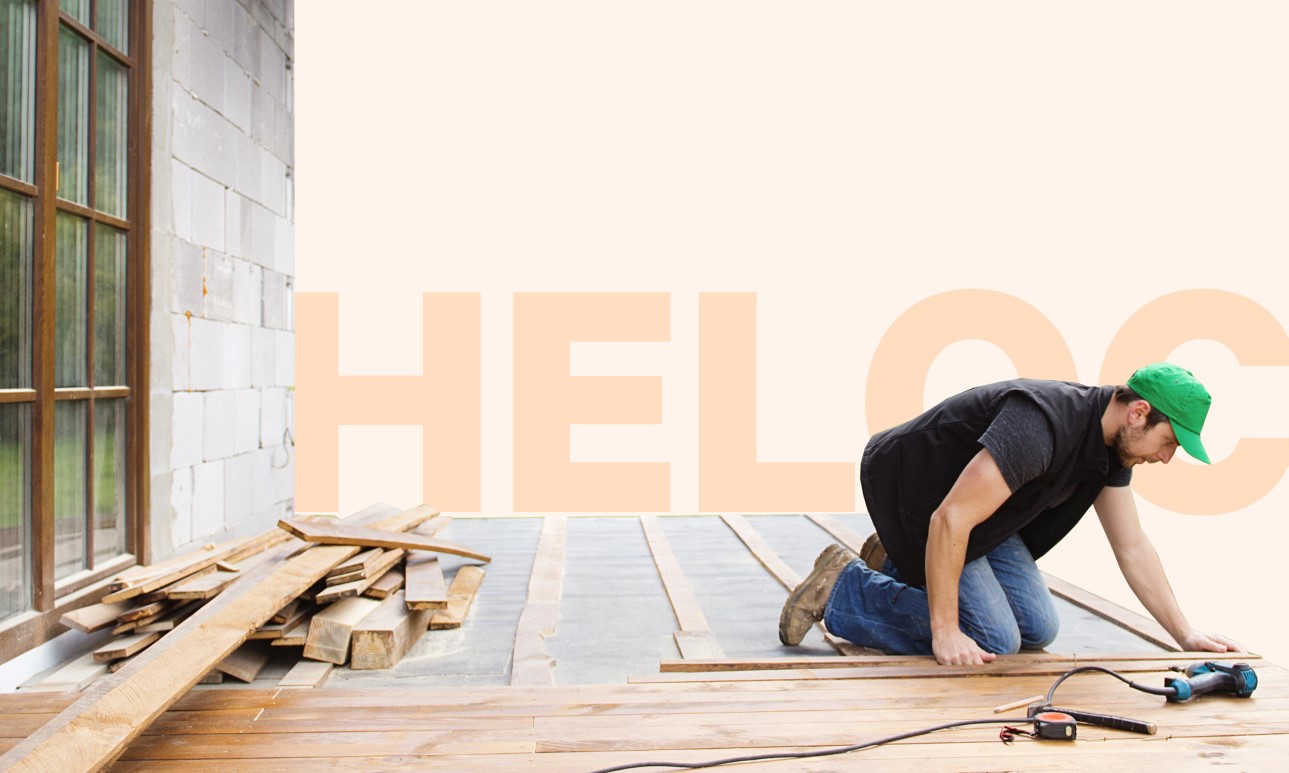
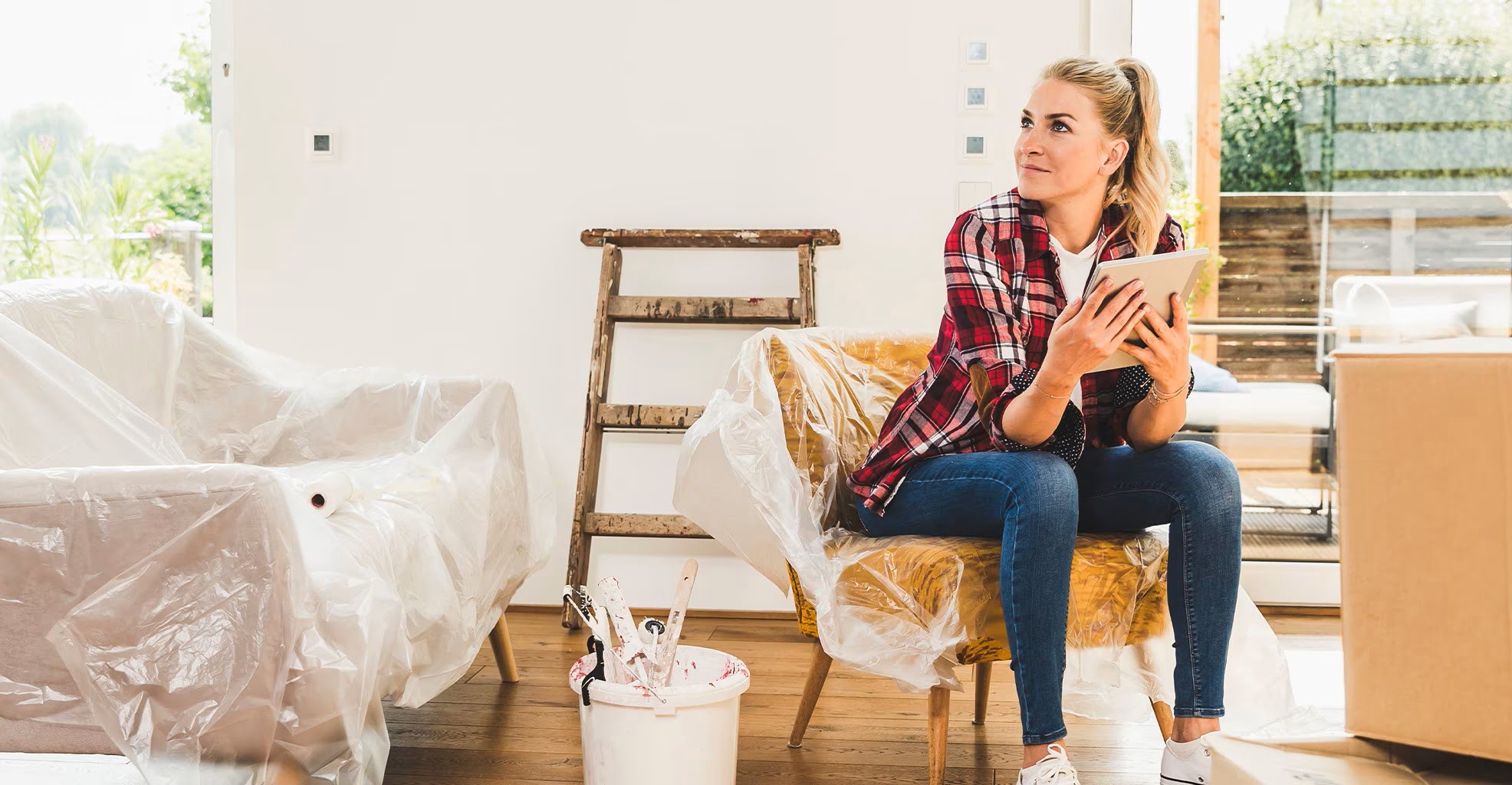
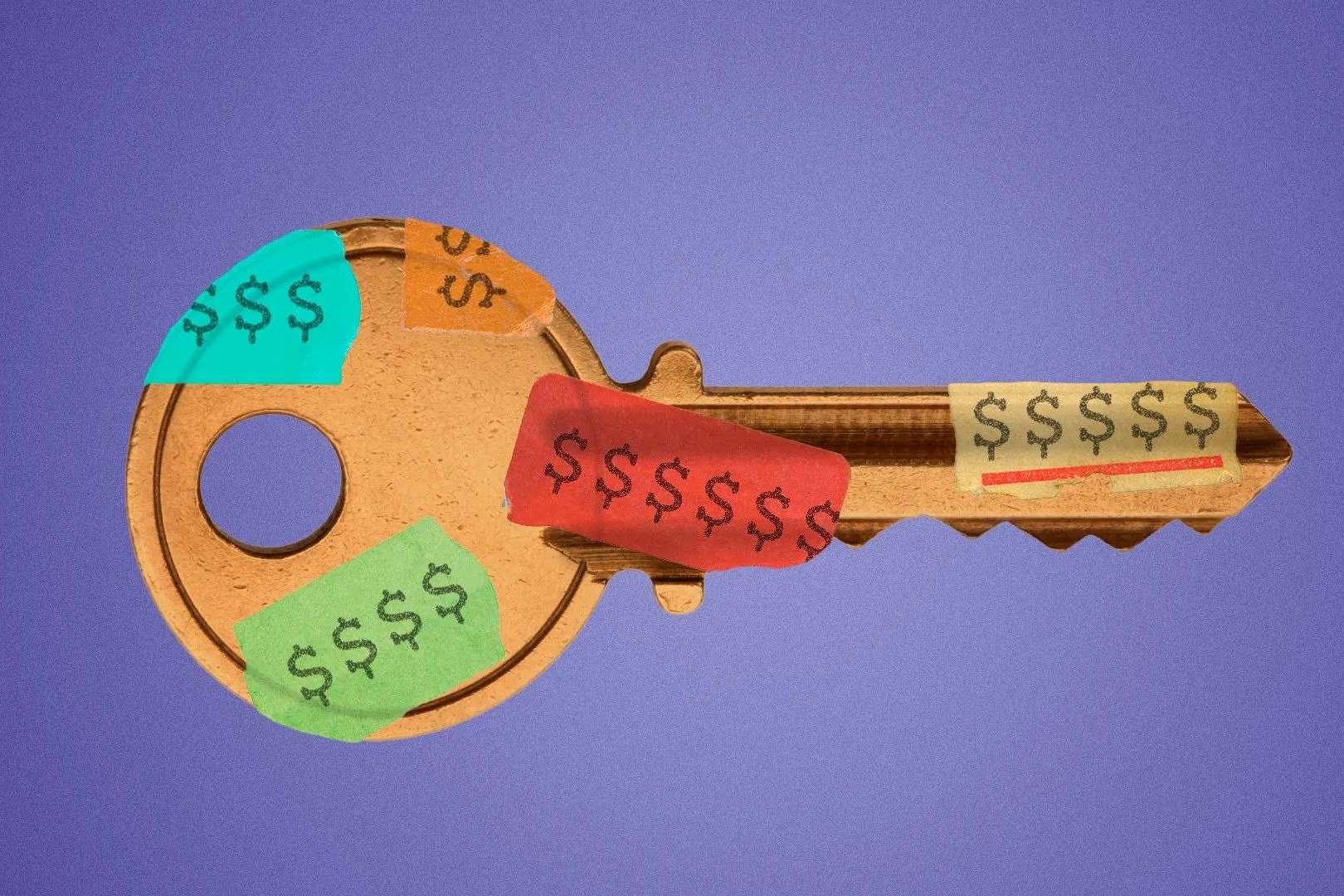
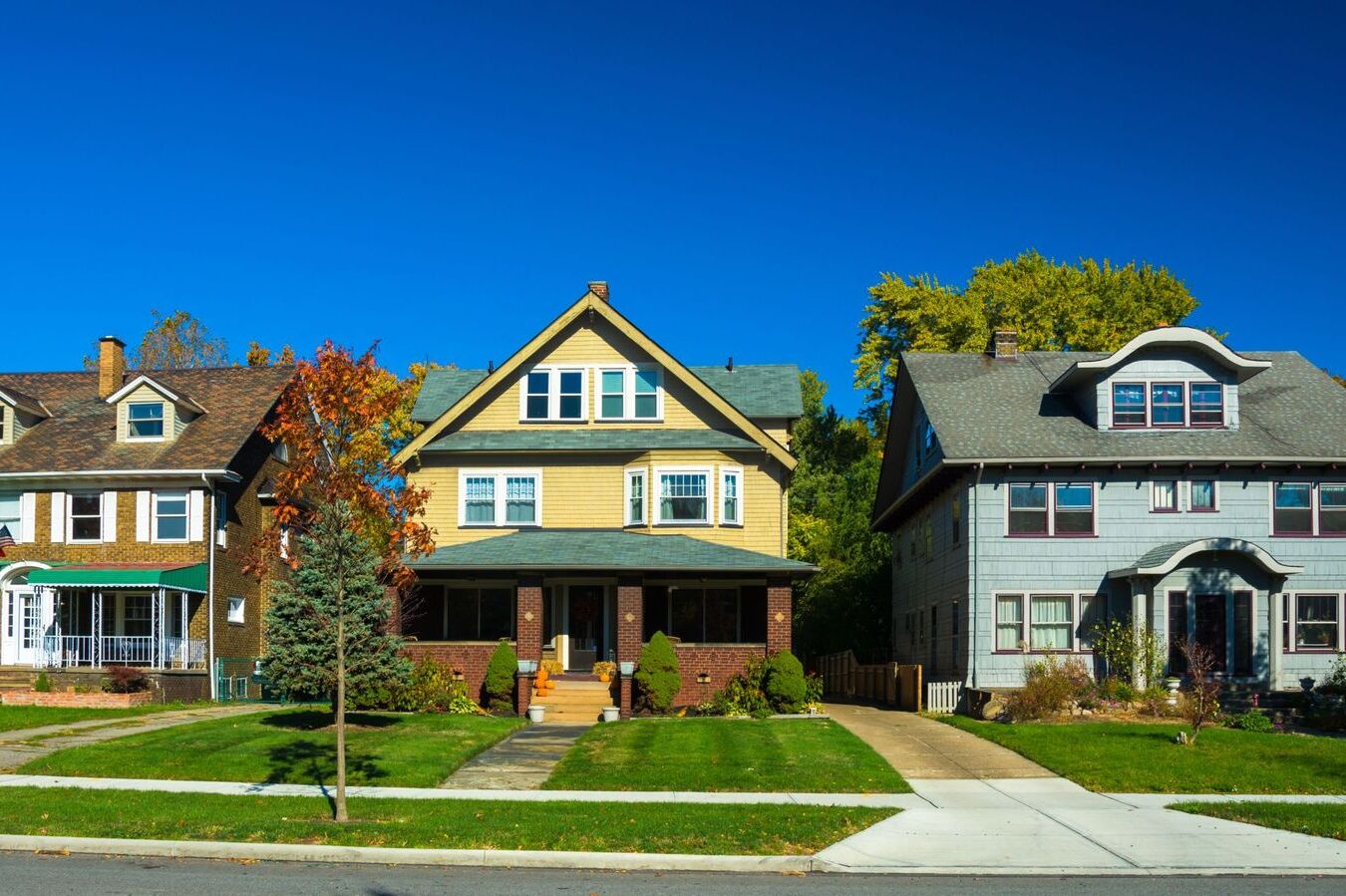

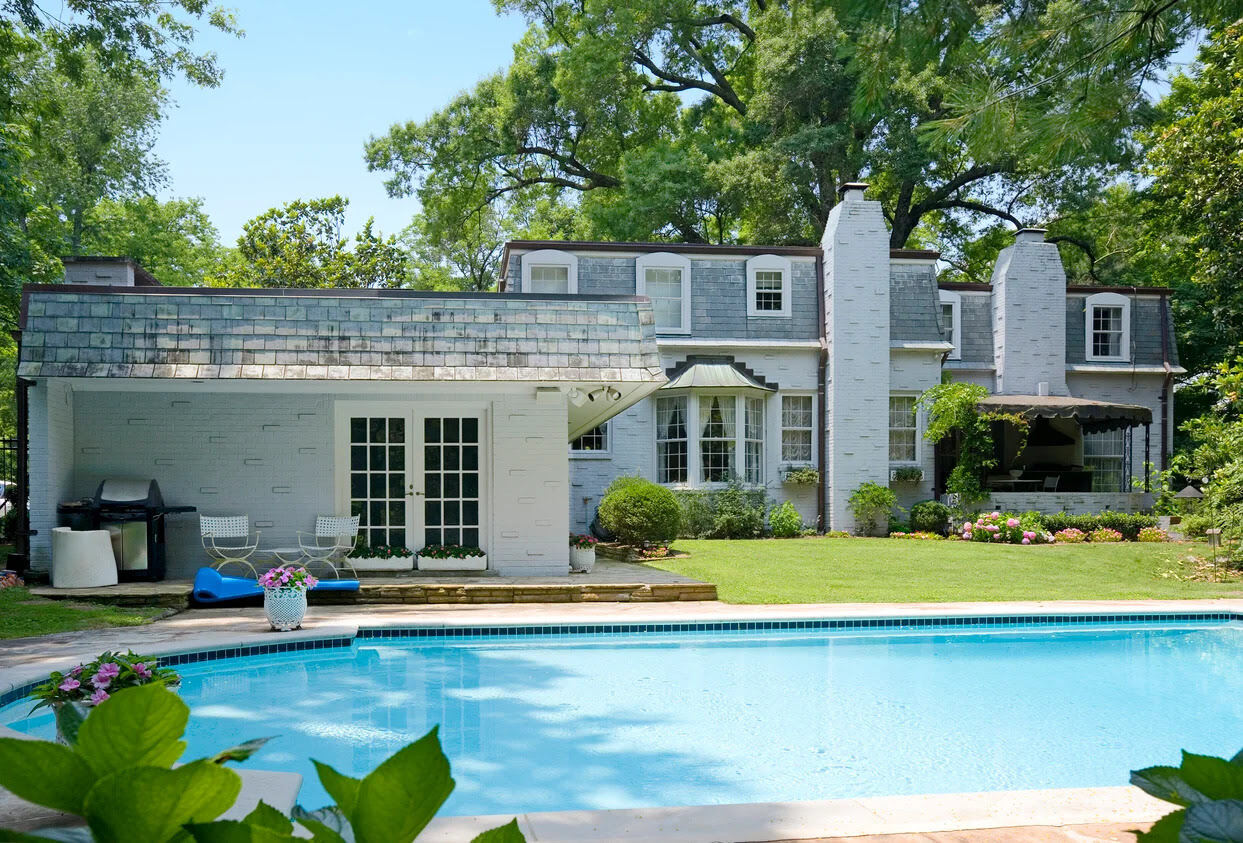

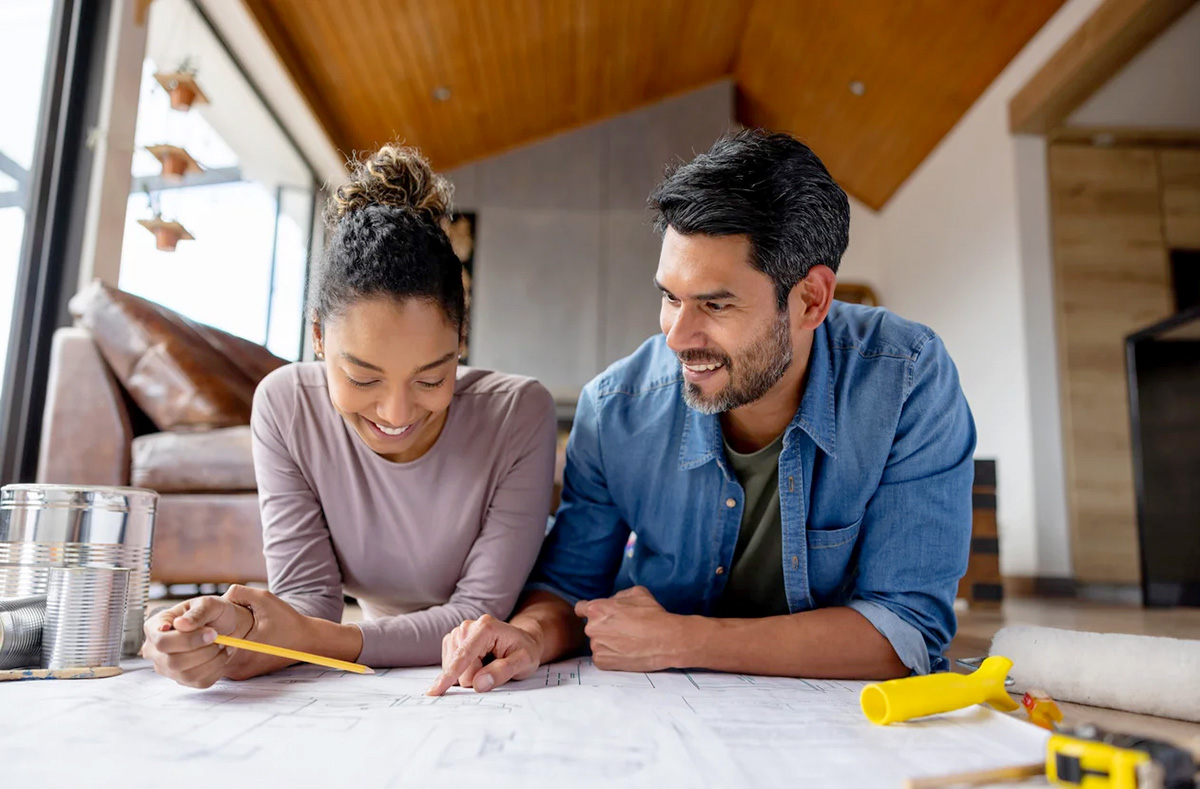
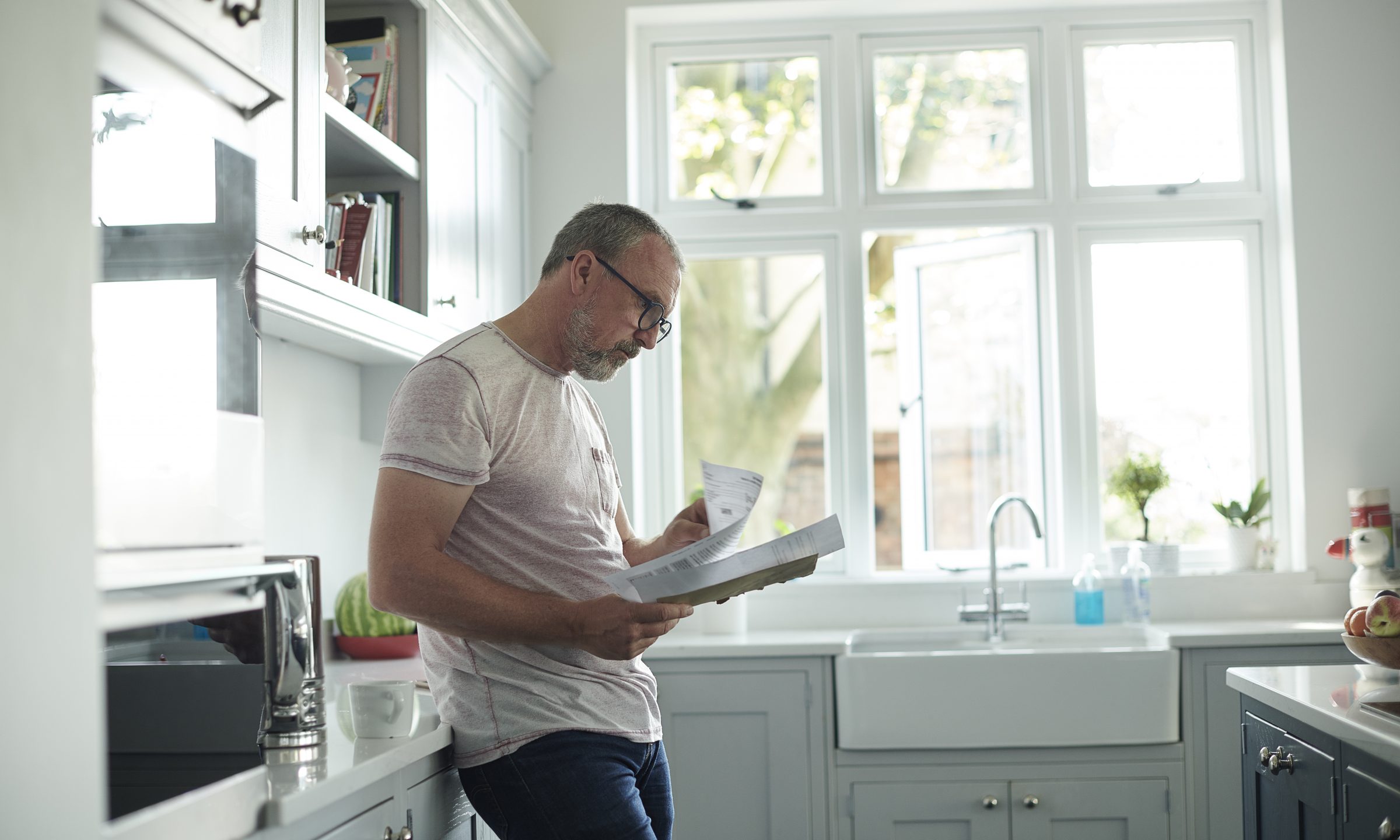
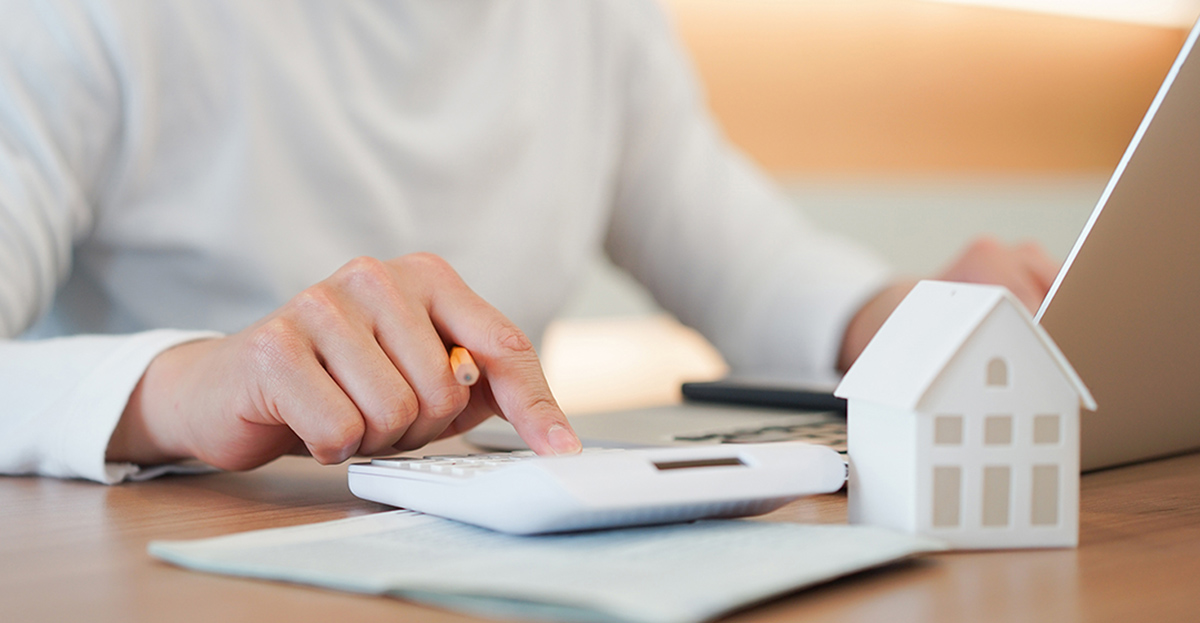
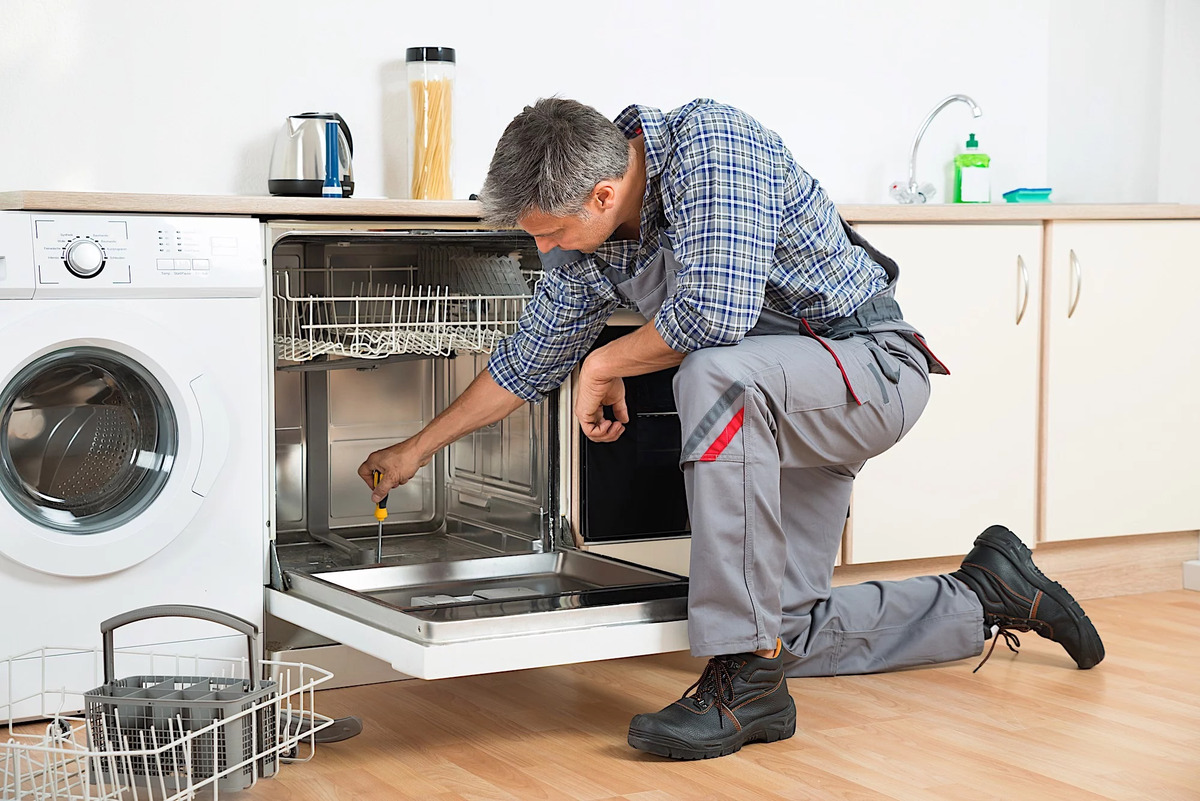
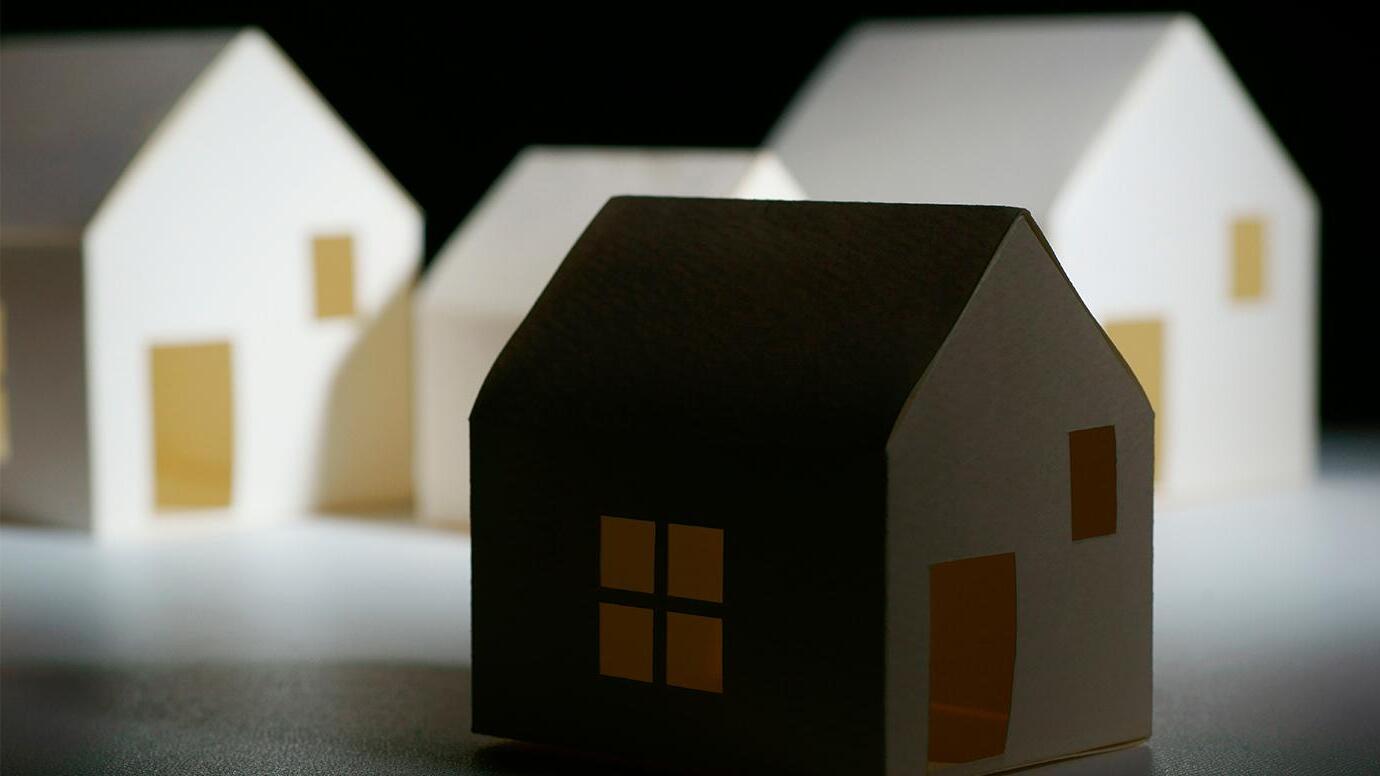
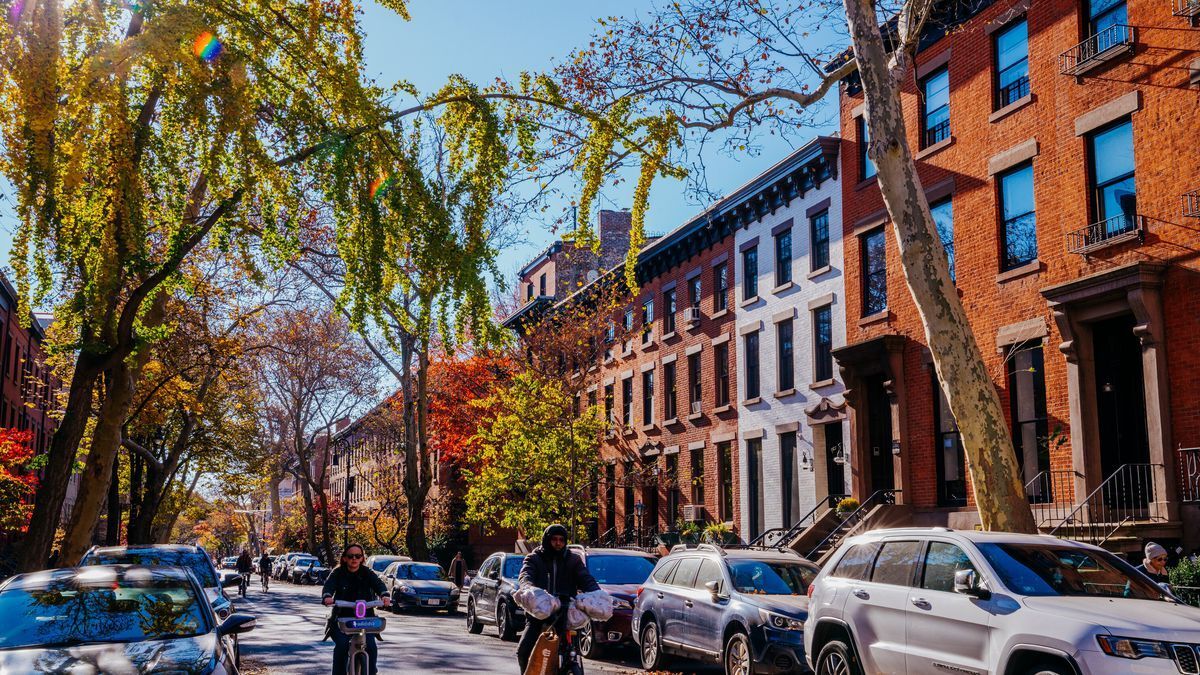


0 thoughts on “How To Deduct Home Improvements For Airbnb Property”